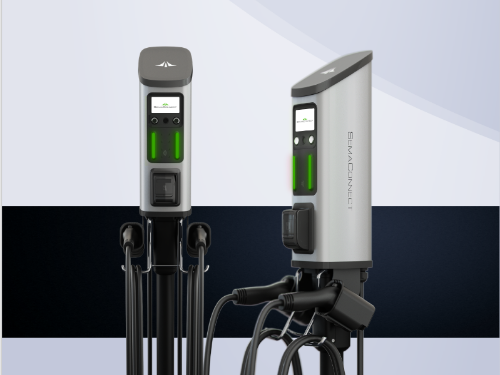In the ever-evolving landscape of digital marketing, where trends shift rapidly and innovation is prized above all else, the concept of sustainability might not always take center stage. Yet, as our planet faces unprecedented environmental challenges and the imperative to combat climate change grows more urgent by the day, integrating sustainability into every facet of our lives, including digital marketing, is not just an option—it’s an imperative for a resilient future.
In recent years, there has been a notable shift in mindset among businesses of all sizes, recognizing sustainability as not only a moral obligation but also a strategic imperative. Consumers are increasingly mindful of the environmental footprint of their purchases, demanding that the brands they engage with share their values and actively work towards a more sustainable future. This shift in consumer behavior has catalyzed a transformation in the way businesses approach their operations, including marketing strategies.
Sustainable Digital Marketing Practices
Digital marketing, with its diverse array of tools and platforms, possesses immense potential to drive sustainability forward. Ahead of this year’s Earth Day, we delve into the multifaceted ways in which businesses can embrace sustainability in their digital marketing endeavors, championing a greener ethos while maintaining competitiveness in the market.
- Green Hosting and Sustainable Web Design: At the core of any digital marketing strategy lies a website. Opting for web hosting providers that utilize renewable energy sources can significantly mitigate the carbon footprint associated with hosting. Furthermore, embracing sustainable web design practices, such as optimizing images and code to reduce load times and energy consumption, can further bolster the eco-friendliness of a website, setting a positive precedent for visitors.
- Purposeful Content Creation: In an era inundated with content, businesses can differentiate themselves by crafting meaningful, purpose-driven content that educates and inspires consumers to adopt more sustainable lifestyles. Whether through thought-provoking blog posts, engaging social media campaigns, or visually captivating video content, digital marketers wield the power to raise awareness about pressing environmental issues and promote actionable solutions.
- Data-Driven Sustainability Strategies: Harnessing the power of data analytics enables businesses to pinpoint areas where sustainability can be enhanced within their operations. By analyzing data pertaining to energy consumption, waste generation, and supply chain logistics, companies can unearth opportunities to optimize processes and minimize environmental impact, driving efficiencies while reducing their carbon footprint.
- Ethical Advertising Practices: While digital advertising serves as a potent tool for reaching target audiences, it’s imperative to ensure that advertising practices are ethical and align with sustainability principles. This entails steering clear of greenwashing—making deceptive claims about the environmental benefits of products or services—and prioritizing transparency regarding the environmental impact of business operations, fostering trust and credibility among consumers.
- Community Engagement and Collaborative Initiatives: Building a sustainable future necessitates collaboration and collective action. Digital marketers can spearhead community engagement initiatives, such as crowdfunding campaigns for environmental projects or organizing virtual events focused on sustainability topics, fostering a sense of shared responsibility and galvanizing meaningful action within communities.
- Continuous Learning and Adaptation: The digital marketing landscape is in a perpetual state of flux, demanding adaptability and continuous learning from practitioners. By investing in ongoing education and staying abreast of emerging trends and best practices in sustainable marketing strategies, businesses can ensure that their digital marketing efforts remain effective, resonating with consumers while advancing sustainability goals.
In conclusion, the convergence of sustainability and digital marketing represents a pivotal opportunity for businesses to not only bolster their brand reputation and appeal to environmentally-conscious consumers but also drive tangible progress towards a more sustainable future. As we navigate the complexities of the digital age, let us remain steadfast in our commitment to the planet, leveraging the power of digital marketing to catalyze positive change and pave the way for a greener, more sustainable tomorrow. By embracing sustainability as a cornerstone of digital marketing practices, we can chart a course towards a future where environmental stewardship and business success go hand in hand, leaving a lasting legacy for generations to come.


